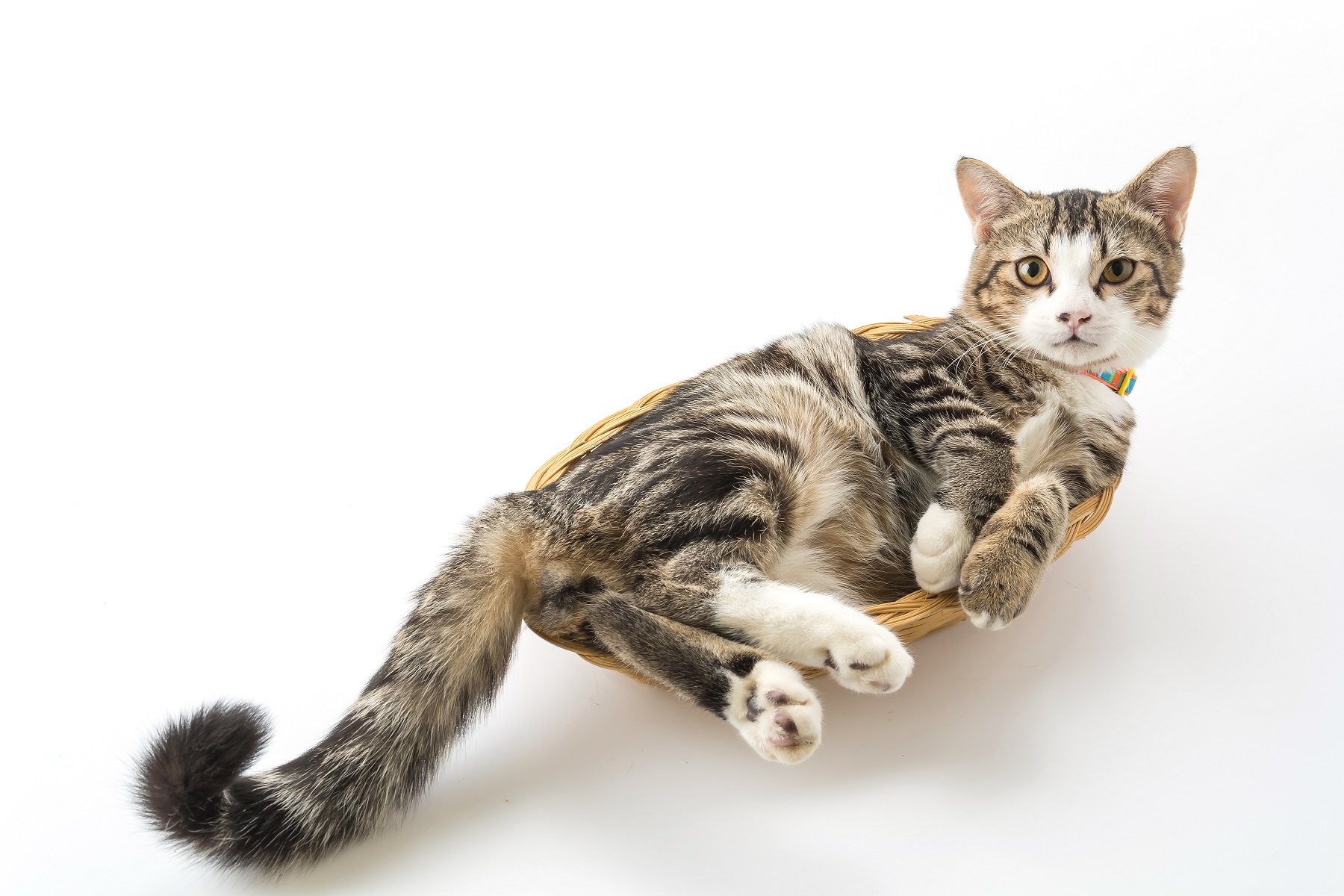Species: Feline
Specimen: Serum
Collection protocol: Red top or gel tube
Special handling/shipping requirements: Standard
General information about the disease:
FIP is a coronavirus infection of cats of any age but most prevalent among cats <3 years (particularly 4-16 months). Purebred male cats appear to be predisposed. Mortality is high once clinical signs appear. FIP virus arises through specific mutations in a common, non-pathogenic, enteric feline coronavirus ubiquitous in cats. Most kittens are exposed to coronavirus by nine weeks of age but only a small proportion of cats develop FIP related to genetic susceptibility, age of first infection, and stressors at the same time as infection.
General information about when this test is indicated:
The antibody test detects but does not differentiate between enteric coronavirus and FIP virus. A positive result needs to be interpreted in conjunction with clinical signs and other related tests as detailed below. A combination of clinical signs and test results needs to be considered to confirm a diagnosis.
Comparison with other related tests:
Blood tests: common abnormalities include chronic non-regenerative anaemia, neutrophilia and lymphopaenia, elevated globulin and decreased albumin.
Effusions: fluid in the abdomen or pleura are suggestive of FIP and are protein rich exudates with moderate cellularity, often viscous and yellow-tinged. The albumin to globulin (A:G) ratio can also be measured in effusions as well as feline enteric coronavirus/FIP virus.
Intraocular and neurological signs: uveitis, meningitis and/or meningomyelitis are highly suggestive of FIP in young cats.
Histopathology: characteristic pathological lesions are seen on histopathology of affected tissues (by biopsy or necropsy collection) and immunohistochemical detection of the virus within these lesions is currently considered the diagnostic gold standard.

